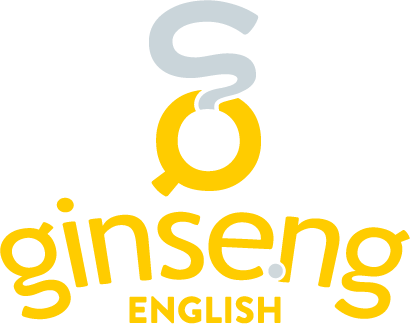Nouns and verbs are probably the two most important parts of speech in English. The core of every sentence is a noun (or pronoun) and a verb.
What is a noun?
We generally learn that a noun names a person, place, thing, or idea. In a sentence, a noun can be a subject or object.
Some nouns can be singular (talking about one thing), and others can be plural (talking about more than one thing). Other nouns are not countable.
Nouns for People
Here are examples of a noun naming a person:
John Lennon
Queen Elizabeth
Sarah
Jeff
my girlfriend
parents
the winner
an American
Notice that in English some nouns for people’s names and titles, start with a capital letter. These are called proper nouns. Notice that some other nouns require words like an, a, and the before them. These are called articles.
Nouns for Places
Other nouns name places. Many of these are proper nouns, too, particularly names of countries, cities, states, mountains, bodies of water:
America
Zimbabwe
New York City
Delhi
Mecca
The Himalayas
Lake Michigan
Niagara Falls
But other nouns for places are common nouns and do not need a capital letter:
my house
the kitchen
a park
Nouns for Things
Nouns can also be things, physical objects, stuff.
rice
my car
his foot
the chair
shirts
Some things are also proper nouns, if the are famous and unique:
The Hope Diamond
The Mona Lisa
War and Peace
Ginseng English
Nouns for Ideas
Finally, nouns often name ideas, abstract concepts. These are like things, but they are not physical, you cannot touch or see them.
democracy
hope
happiness
hunger
English
Countable and Uncountable Nouns
Nouns are either countable or uncountable (some people call these count nouns and noncount nouns). It is a good idea to learn if a new noun is countable or uncountable, because this will help you use correct grammar (such as indefinite articles).
Countable Nouns
Countable nouns can be counted with a number. Countable nouns are either singular or plural. Here are some examples:
ten birds
two friends
one house
Uncountable Nouns
Uncountable nouns can’t be counted. These include abstract nouns, fluids, and things like sand and rice, which are so small that we don’t count them. Here are some examples:
energy
water
rice
juice
democracy
sugar
Singular and Plural forms of Nouns
In English we change the form of a countable noun to show if we are talking about just one thing (singular) or many things (plural). For most nouns, the plural form simply adds -s to the end of the word. For example, we say a car or one car, but we say two cars, three cars, many cars.
Nouns in English

